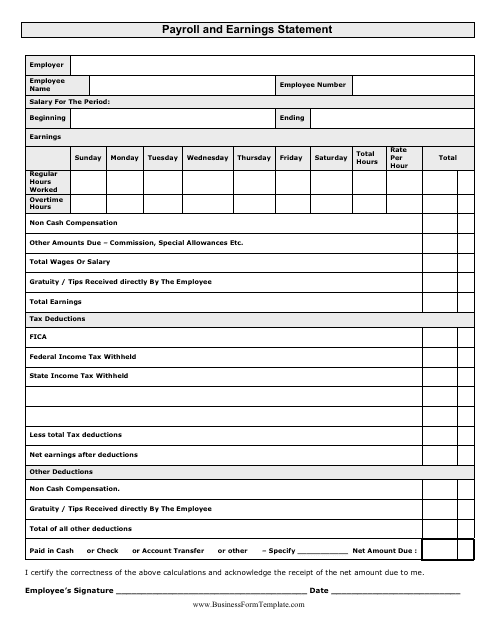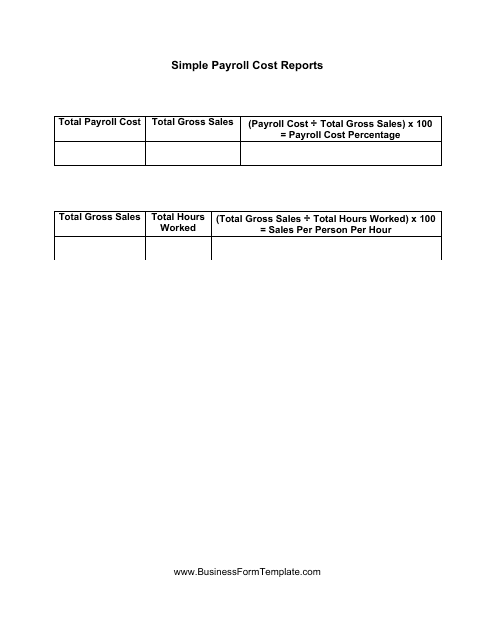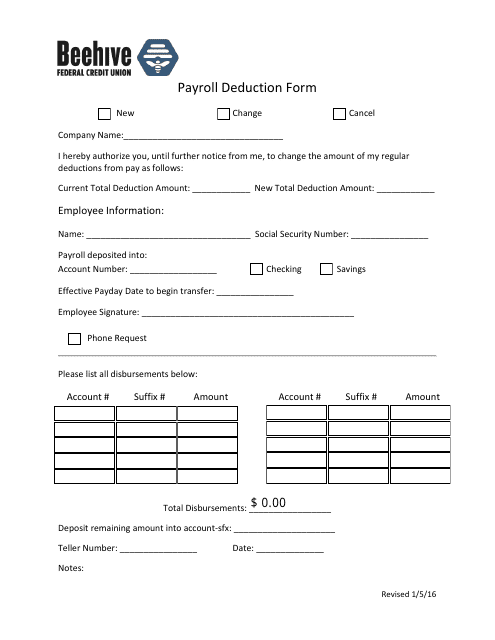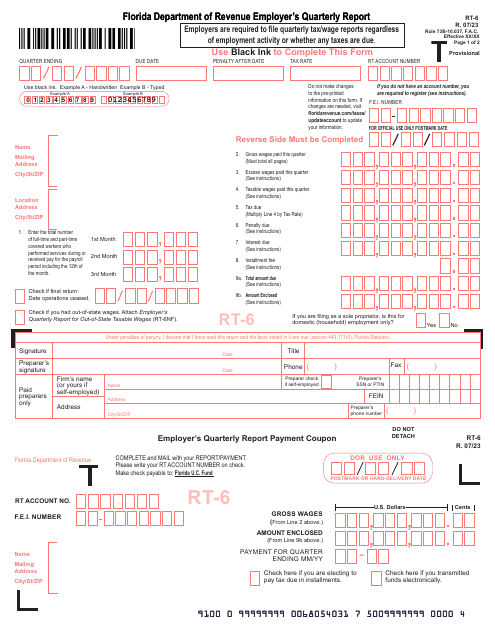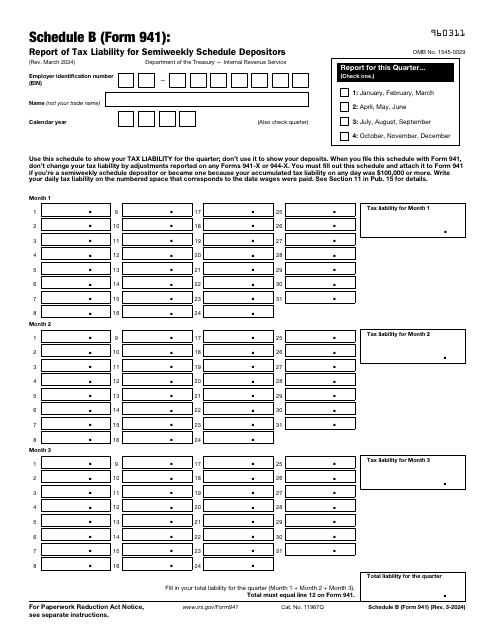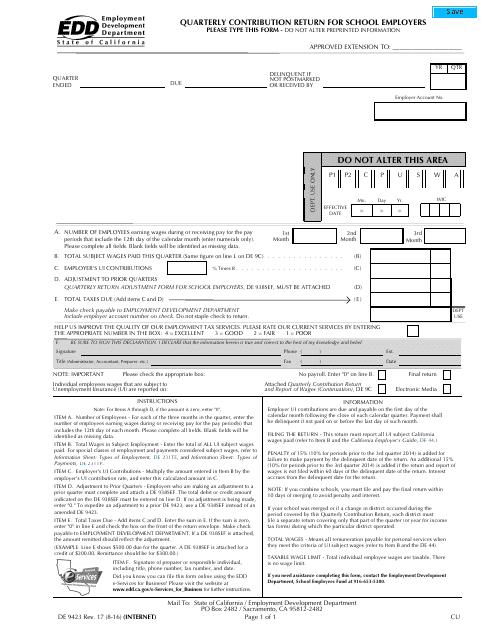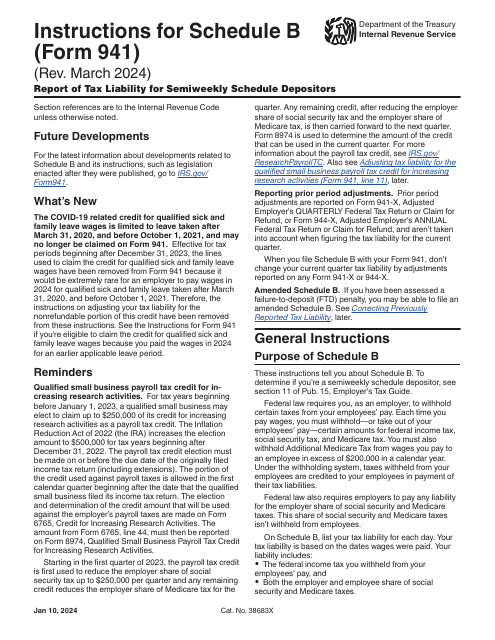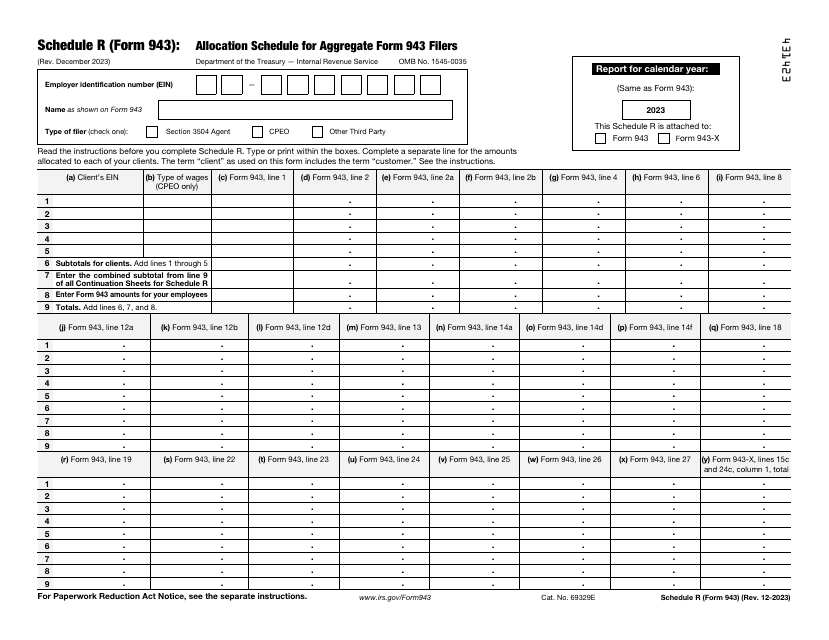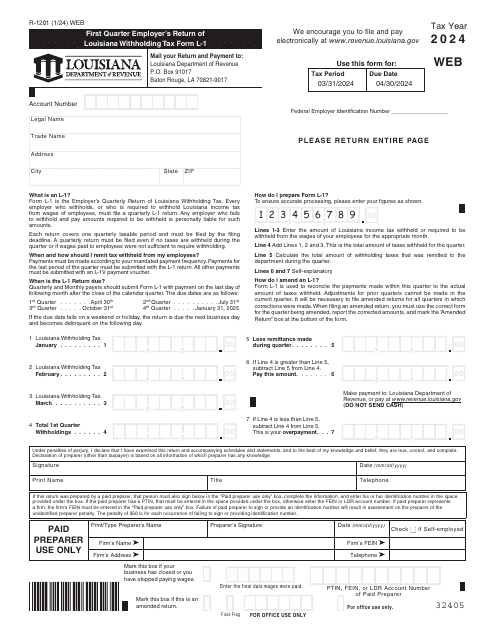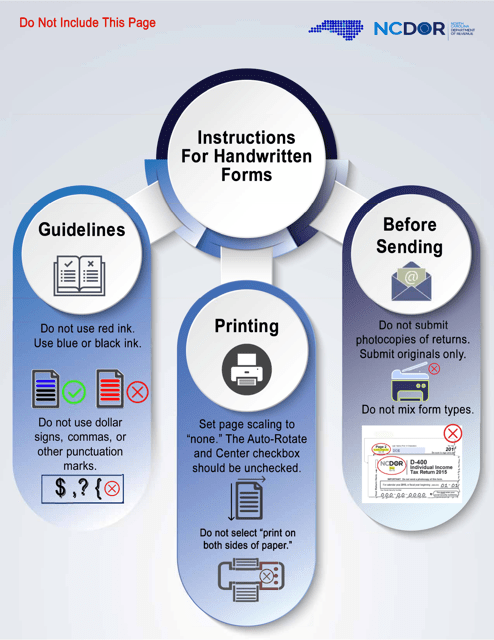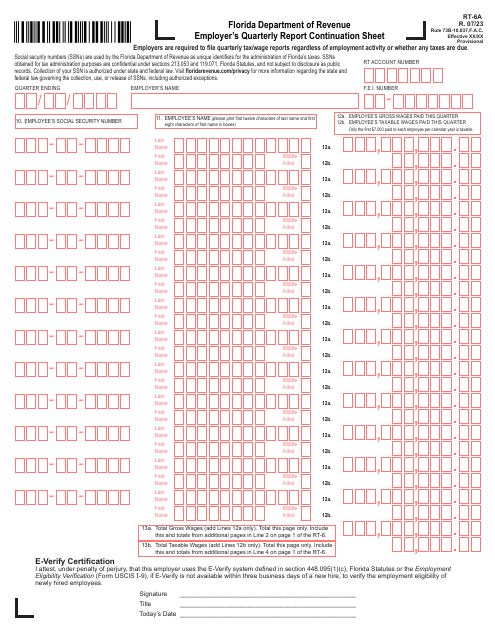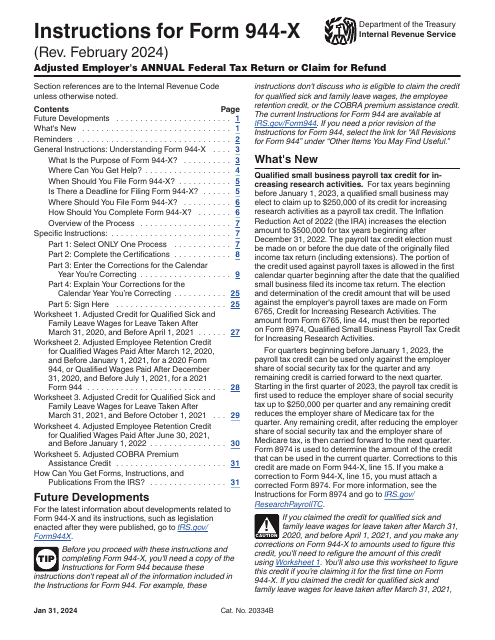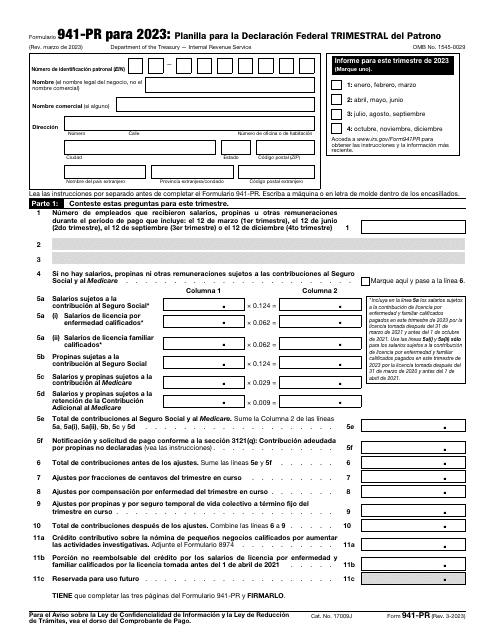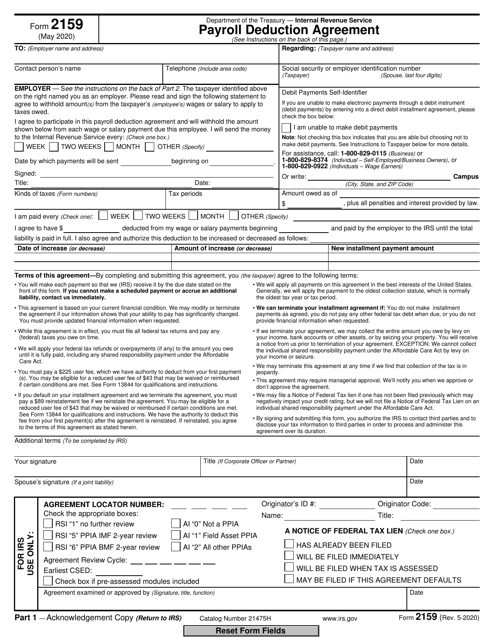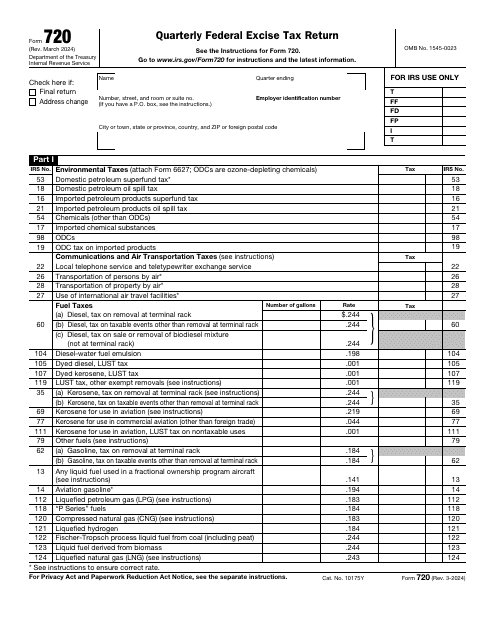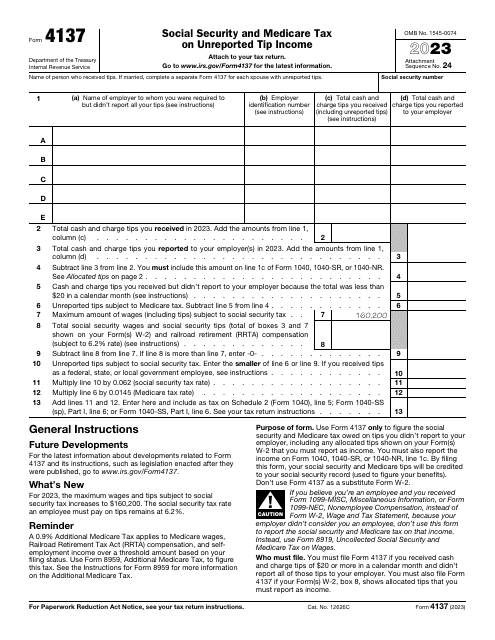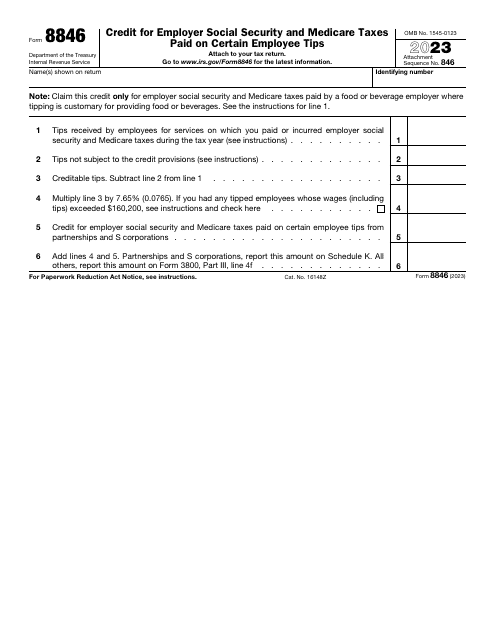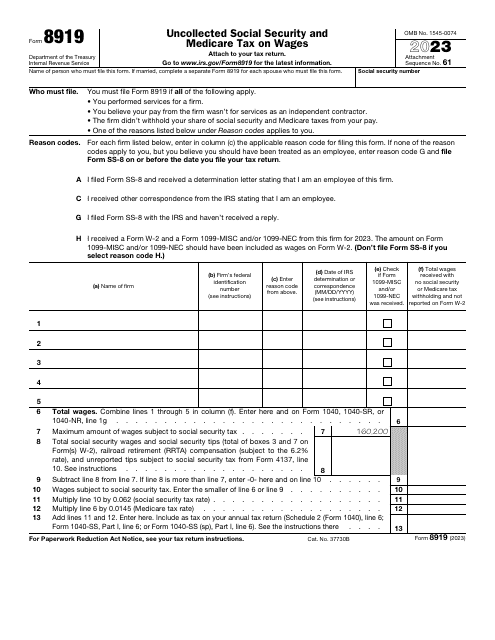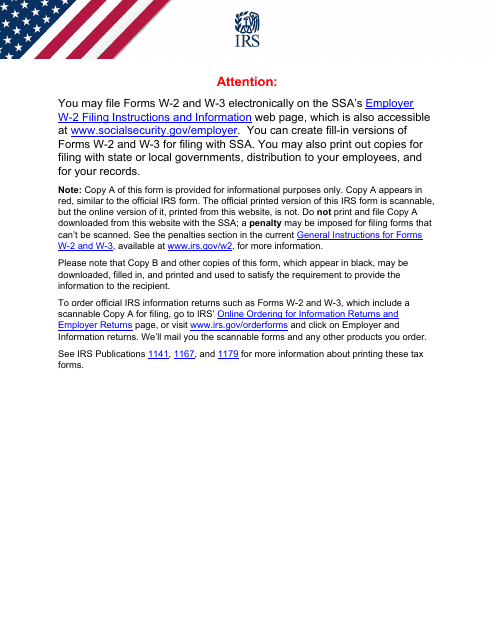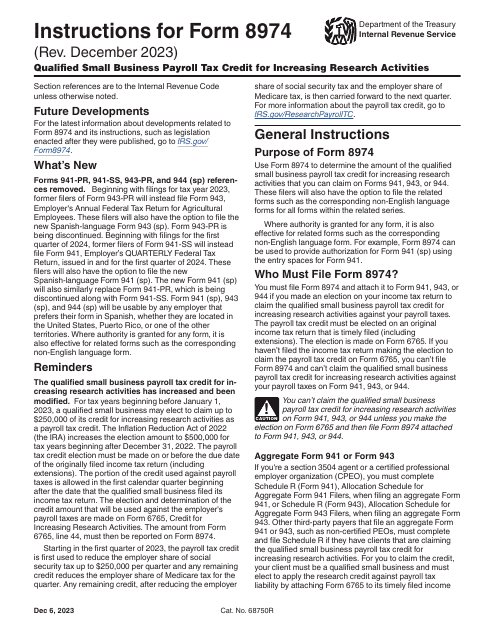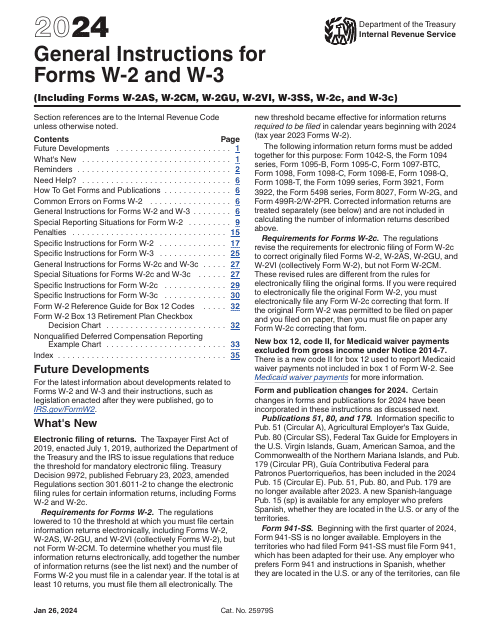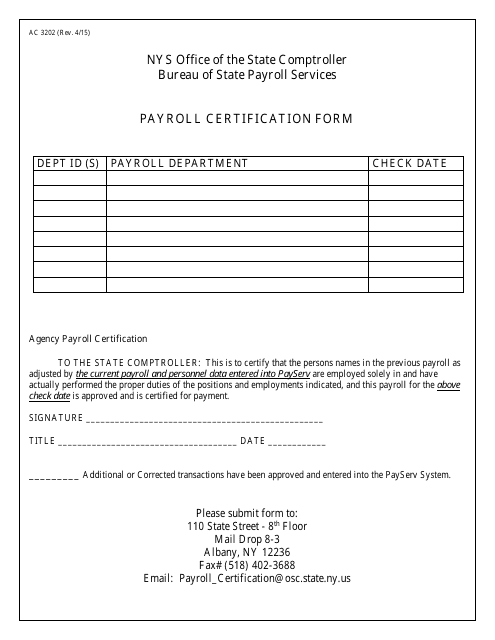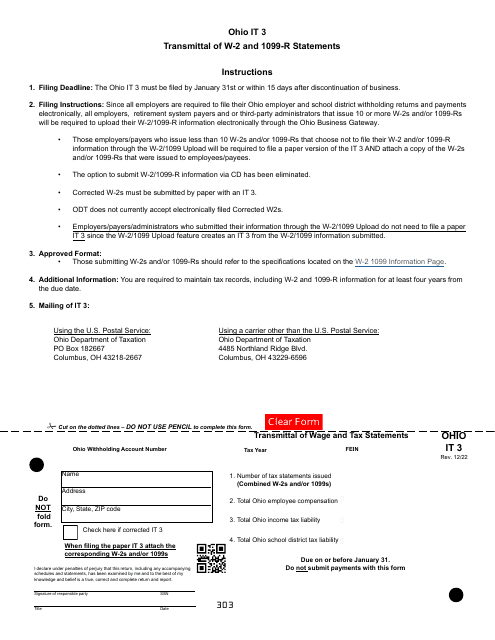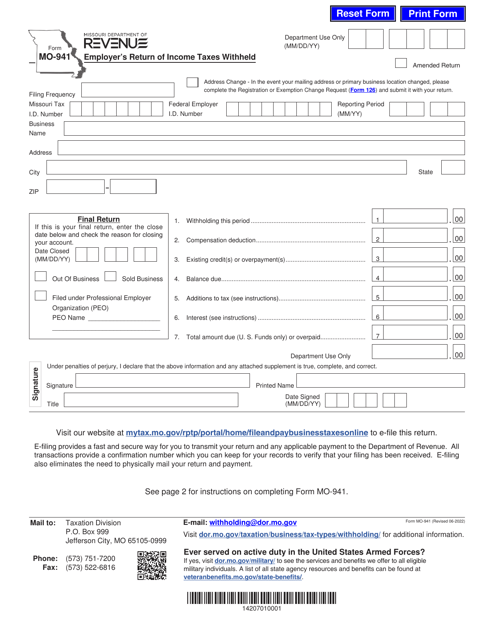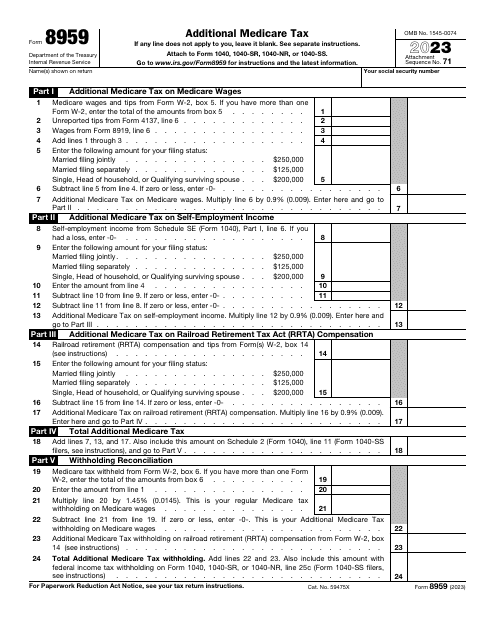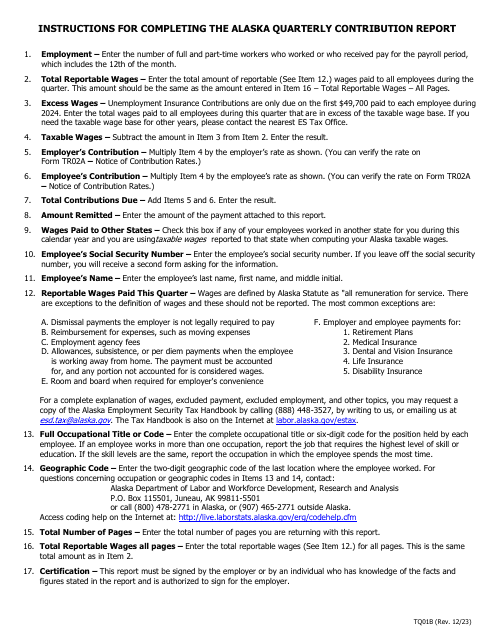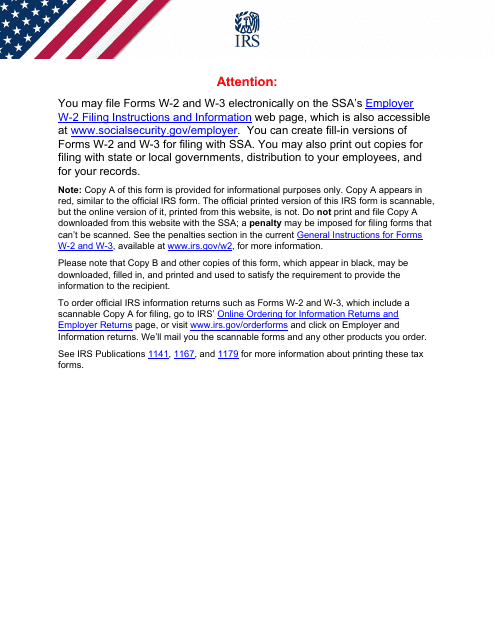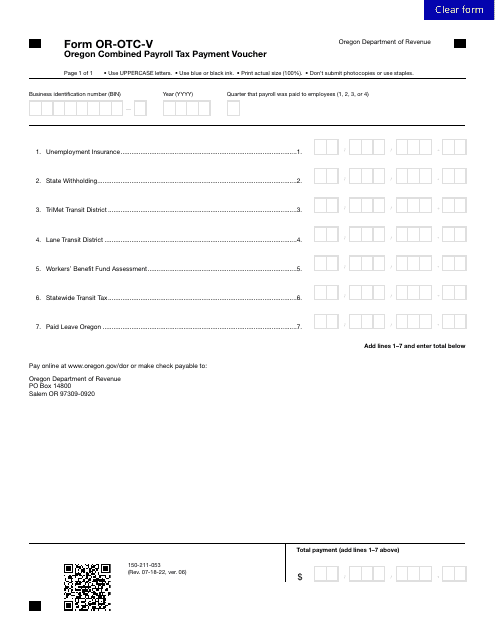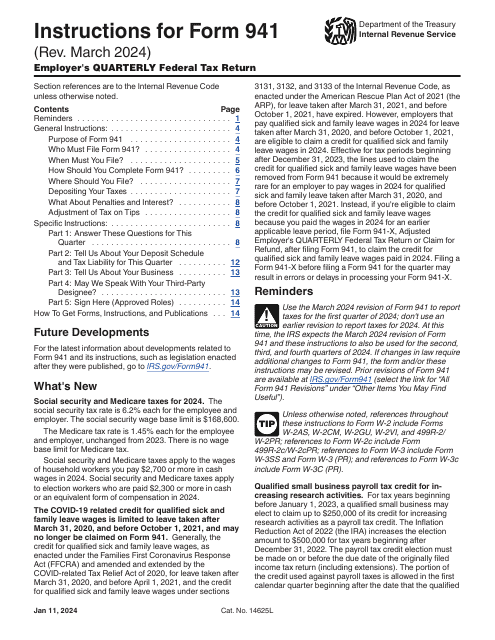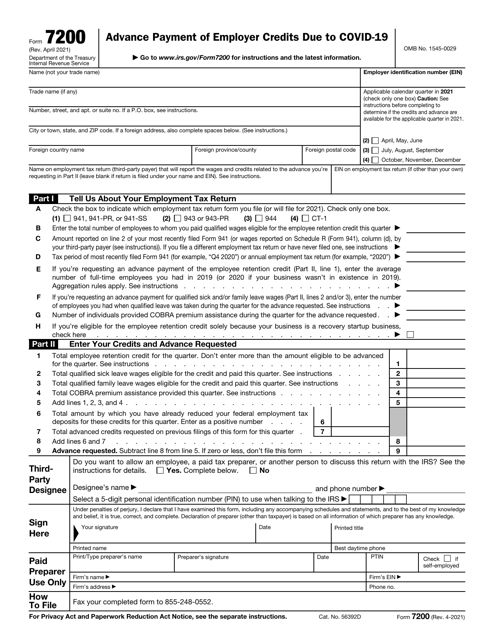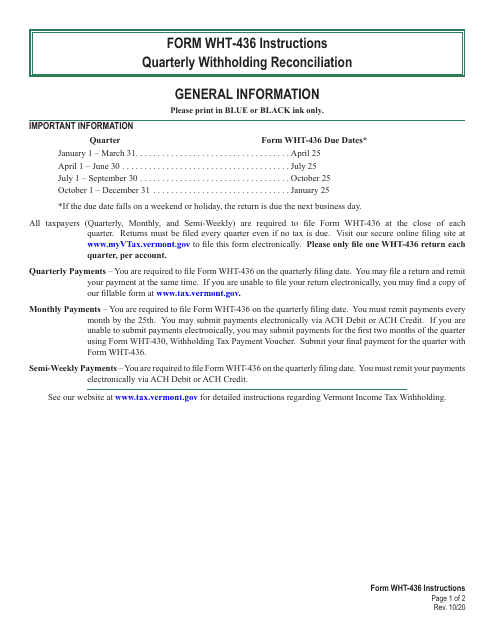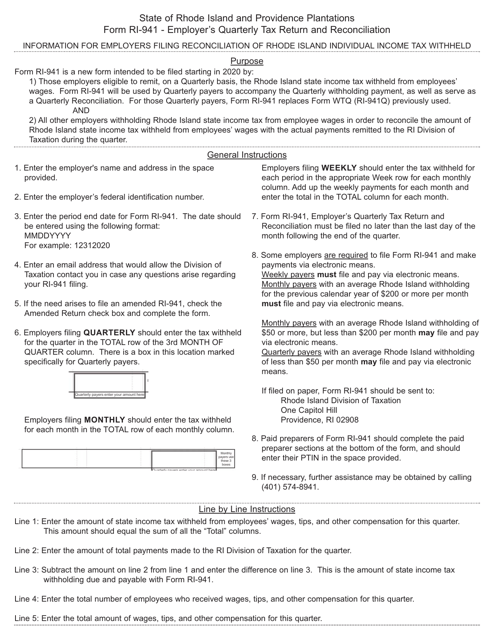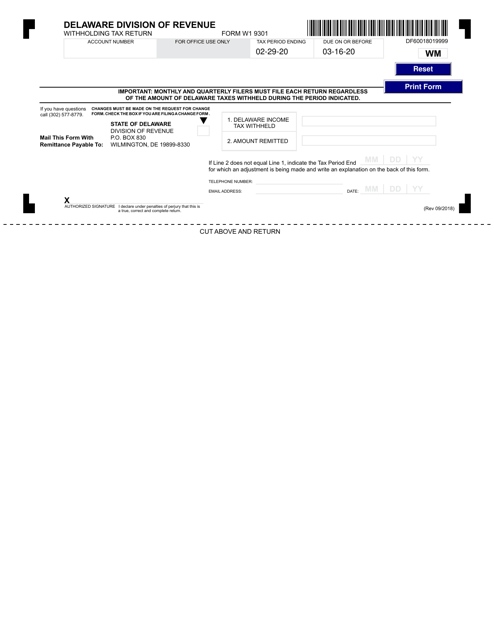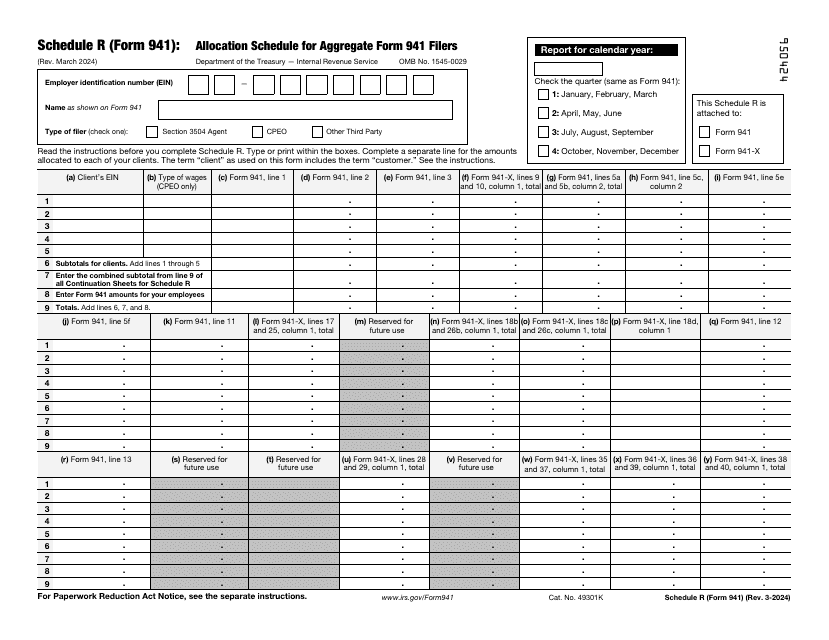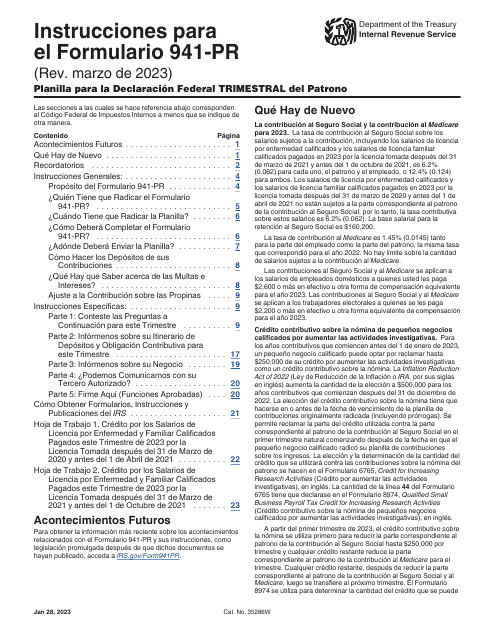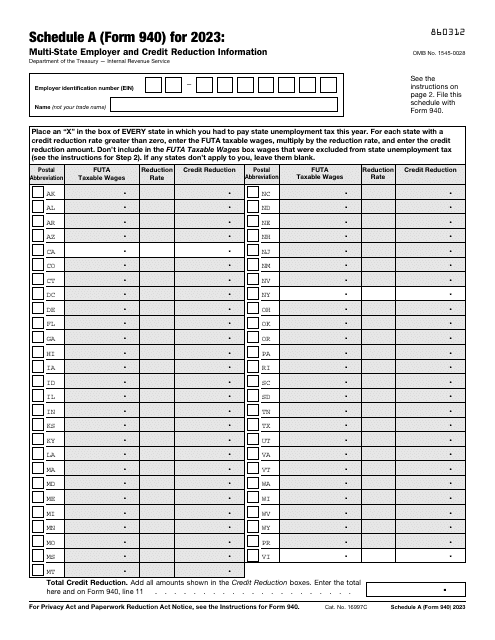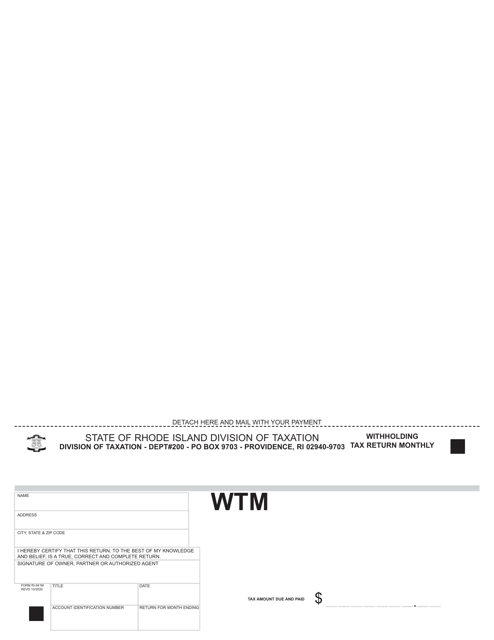Payroll Tax Templates
Payroll tax is a mandatory contribution that employers and employees are required to pay to the government. These taxes are used to fund various social programs, such as healthcare, unemployment benefits, and retirement plans. Payroll taxes ensure that the government has enough funds to provide essential services to its citizens.
Understanding and complying with payroll tax regulations can be complex and time-consuming. Employers need to accurately calculate and report these taxes to avoid penalties and audits. To help employers navigate the payroll tax process, various resources and forms are available.
One commonly used resource is the payroll tax form. This form provides a structured template for employers to report their payroll taxes accurately. It includes sections for recording employee information, wage details, and tax deductions. By using the payroll tax form, employers can ensure that they are fulfilling their tax obligations correctly.
In addition to the payroll tax form, there are also specific instructions available for employers to follow. These instructions provide guidance on how to complete the payroll tax form accurately and in compliance with the law. Employers can refer to these instructions to understand which information is required, how to calculate deductions, and where to submit the form.
Different regions or countries may have specific payroll tax requirements, which is why alternate names such as payroll taxes or payroll tax forms are used interchangeably. For example, in Alaska, employers need to file the "Instructions for Form TQ01C Alaska Quarterly Contribution Report" to report their payroll taxes. Similarly, in Nunavut, Canada, employers must submit the "Nunavut Payroll Tax Application for Registration" to comply with payroll tax regulations.
By having access to these resources and understanding the payroll tax requirements, employers can fulfill their obligations and contribute to their country's social programs effectively. It is essential to stay up-to-date with any changes in payroll tax regulations to ensure compliance and avoid any legal or financial consequences.
Whether you are a small business owner or a payroll professional, having a comprehensive understanding of payroll tax regulations and the necessary forms is crucial. It allows you to fulfill your obligations accurately and avoid penalties or audits. Take advantage of the available resources, such as payroll tax forms and instructions, to simplify the payroll tax process and ensure compliance with the law.
Documents:
86
This document is a template used to provide information about an individual's payroll and earnings. It includes details such as salary, deductions, and net pay. Use this template to create a personalized statement of your payroll and earnings.
This document is a simple template for a payroll cost report. It helps track and calculate the costs associated with employee wages, taxes, and benefits.
This form is used for authorizing payroll deductions for Beehive Federal Credit Union.
This is a legal document used to inform the Florida Department of Revenue (DOR) about the total number of all employees who performed services or received pay, their gross, excess, and taxable wages.
This form is used for school employers in California to report their quarterly contributions.
This is a fiscal document used by taxpayers to outline the excise taxes charged on certain services and goods.
This is a formal report filed by an individual who believes they have to receive compensation in the form of social security and Medicare taxes.
This form is filed to report Guam wages and tax deductions. The document was issued by the Internal Revenue Service (IRS), which can send you this form in a paper format, if you wish.
This Form is used for certifying payroll information in order to comply with New York state regulations.
If you are an employer and have to file Form W-2, Wage and Tax Statement, you need to fill out this form. This form is needed for transmitting a paper Copy A of Form W-2, to the SSA. Make sure you supply your employees with a copy of Form W-2.
This Form is used for reporting monthly withholding taxes in the state of Delaware.
This is a supplementary form used by a taxpayer to figure out their annual federal unemployment tax.
This form is used for filing withholding tax returns in the state of Rhode Island.

